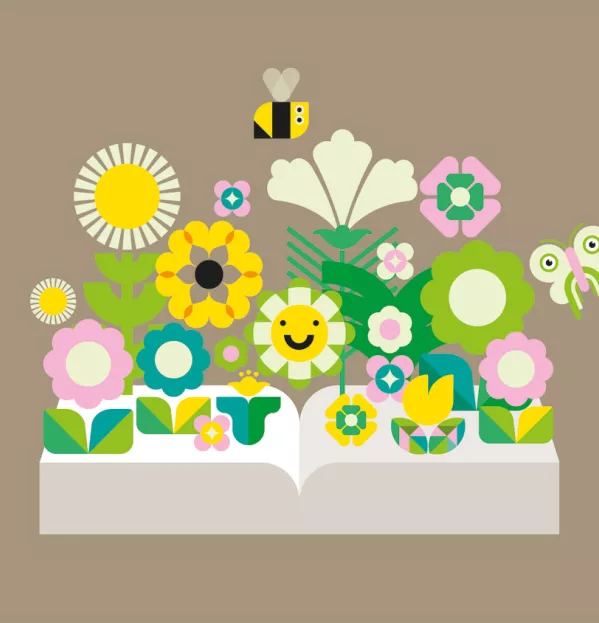How to make your library an oasis for young minds

Andrew Carnegie once said, “A library outranks any other one thing a community can do to benefit its people. It is a never failing spring in the desert.” This is an amazing, invigorating, challenging statement for any school library - in fact, for any school.
The library outranks any other one room in the school in terms of its ability to benefit students. A library is (or at least should be) a remarkable repository of writings, a collection of all that mankind has done, thought, gained or been, therefore offering unlimited inspiration, extension and reinforcement to students.
Yet it seems to me that school libraries have lost their way, that they have forgotten their core purpose, and that they are getting squeezed and marginalised as a result.
Within the Carnegie idiom, students go home from the library weighed down with books to read and come back educated, filled with ideas and yet wanting more.
The biggest challenge to this vision is that many children start secondary school with weak reading skills and weaker reading habits. School libraries have therefore invested strategically in developing literacy, supporting all weaker readers and encouraging the reluctant to read.
This is as it should be, but school leaders must never think that the library is there to develop literacy - it is not: the library is there as a never-failing spring for those who have already developed literacy, and anything above that is a bonus.
The danger is that once libraries are associated with developing literacy, librarians are replaced by basic literacy specialists. They are line-managed by literacy co-ordinators, the shelves are filled with easy-to-read and age-specific fiction and they are ignored by staff (except, if they are lucky, by the English department). Finally, on evaluation they are found to be inefficient and so deprived of status while funding is transferred to programmes that more effectively develop basic reading.
This conclusion is on a par with closing PE departments because they are inefficient mechanisms for ensuring that students have well-fitting trainers. Libraries are not there to teach students to read - they are there for students to use once they have learned to read.
In truth, a school library should be seen as the front line for dealing with the more-able disadvantaged. If the shelves are filled with challenging literature and enriching nonfiction, if the librarian knows their stock and is able to help students to navigate it, and if all teachers value and use the library as a source of inspiration within their own subject, then we will see these children reading furiously and will watch their progress accelerate as a result.
That this dream can be reality is demonstrated by the Wigoder Library at Harris Westminster Sixth Form, which we have had the privilege of building from scratch. The challenge faced by many schools is how to achieve that ambition from a library that has become dispirited beneath the pressures of teaching children to read. I propose a few starting points for any school wanting to take that journey.
- Write Andrew Carnegie’s quote in big letters and put it across the entrance to the library (if you have space then add Thomas Carlyle’s “All that mankind has done, thought, gained or been; it is lying as in magic preservation in the pages of books”).
- Go through the existing stock and throw out anything that is not worth reading - empty shelves are better than dross: at least then it’s easy to find the treasure.
- When buying new stock, ask subject teachers to suggest the best books for able students at the top of the school. There needs to be a gradation of difficulty but it’s much easier to fill in the ladder once you have the top rung.
- Aim for a balance of at least 50 per cent non-fiction (not including textbooks). Literature is important too - there should be challenging classics as well as modern young-adult fiction.
- Have the librarian line-managed in the same model as heads of department and set targets based on more-able pupil premium students.
If your school library is already a spring in the desert, enjoy it, cherish it, borrow from it and stand for a moment in silent wonder in it. If it is not, what needs to be done to make it one?
James Handscombe is principal of Harris Westminster Sixth Form. He tweets @JamesHandscombe
You need a Tes subscription to read this article
Subscribe now to read this article and get other subscriber-only content:
- Unlimited access to all Tes magazine content
- Exclusive subscriber-only stories
- Award-winning email newsletters
Already a subscriber? Log in
You need a subscription to read this article
Subscribe now to read this article and get other subscriber-only content, including:
- Unlimited access to all Tes magazine content
- Exclusive subscriber-only stories
- Award-winning email newsletters